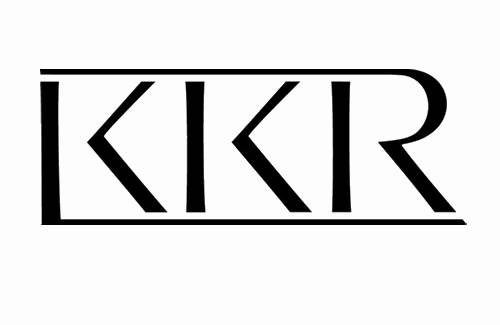Investment Strategy of Kohlberg Kravis Roberts

Overview of KKR's Investment Philosophy
KKR's investment philosophy is centered around identifying attractive investment opportunities and then partnering with companies to create value over the long term. The firm looks for companies with strong fundamentals, sustainable competitive advantages, and significant growth potential.
Focus on Value Creation and Operational Improvement
KKR places a strong emphasis on value creation and operational improvement in its portfolio companies. The firm works closely with management teams to identify areas of opportunity and implement strategic initiatives that can drive growth and improve operations. This approach has helped KKR create significant value in its portfolio companies and deliver strong returns for its investors.
Emphasis on Long-Term Partnership with Portfolio Companies
KKR's investment approach is built around long-term partnerships with portfolio companies. The firm seeks to build strong relationships with management teams and work collaboratively to achieve shared goals. This approach fosters trust and allows KKR to create value over the long term by supporting portfolio companies through various market cycles.
Conclusion
KKR's investment strategy is focused on creating value by partnering with portfolio companies to drive growth and operational improvements. The firm's emphasis on value creation, operational improvement, and long-term partnership with portfolio companies has helped it become a leading player in the private equity industry. Investors looking to gain exposure to private equity may consider KKR as a potential investment option, given its track record of success and focus on creating long-term value.
